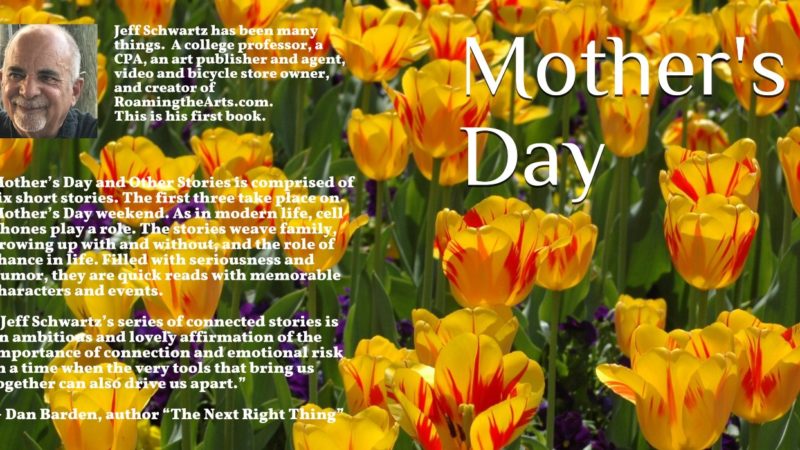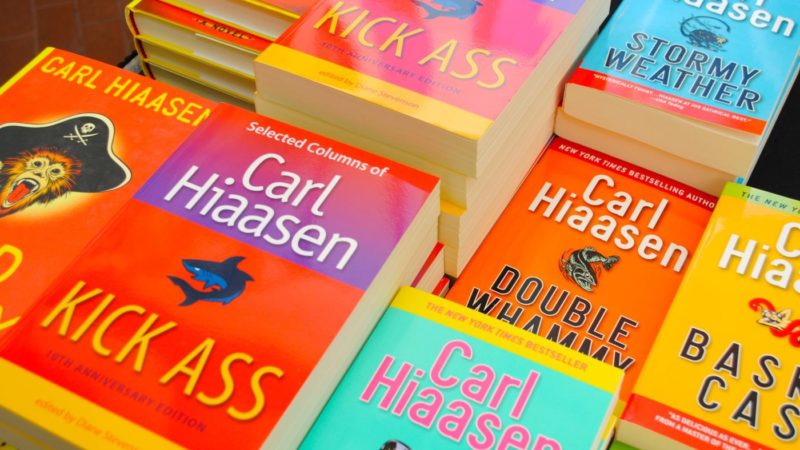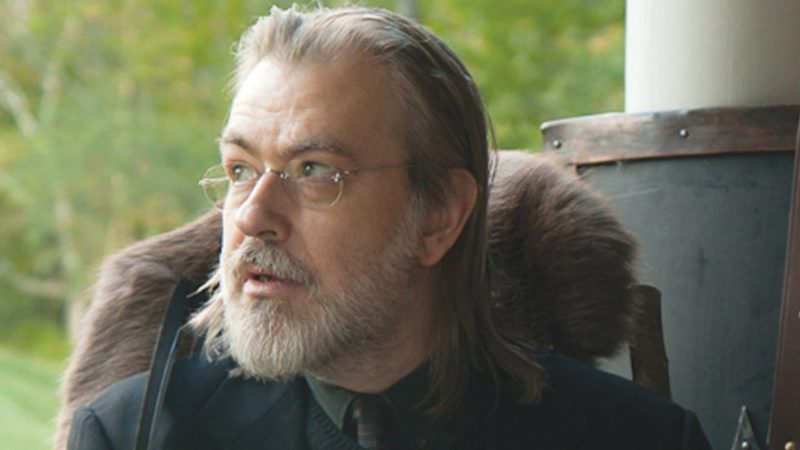

Don Winslow
An author with an impact and a message – see Don Winslow Films
April 2022 – The start of a new trilogy – City on Fire
April 2023 – City of Dreams
“Epic, ambitious, majestic, City on Fire is The Godfather for our generation.” – Adrian McKinty, New York Times bestselling author of The Chain
Two criminal empires together control all of New England.
Until a beautiful woman comes between the Irish and the Italians, launching a war that will see them kill each other, destroy an alliance, and set a city on fire.
Danny Ryan yearns for a more “legit” life and a place in the sun. But as the bloody conflict stacks body on body and brother turns against brother, Danny has to rise above himself. To save the friends he loves like family and the family he has sworn to protect, he becomes a leader, a ruthless strategist, and a master of a treacherous game in which the winners live and the losers die.
From the gritty streets of Providence to the glittering screens of Hollywood to the golden casinos of Las Vegas, two rival crime families ignite a war that will leave only one standing. The winner will forge a dynasty.
Exploring the classic themes of loyalty, betrayal, and honor, City on Fire is a contemporary masterpiece in the tradition of The Godfather, Casino, and Goodfellas—a thrilling saga from Don Winslow, “America’s greatest living crime writer” (Jon Land, Providence Journal).
A most unusual review – #BooksWithWallace
2020 release, “Broken.”
In six intense short novels connected by the themes of crime, corruption, vengeance, justice, loss, betrayal, guilt and redemption, Broken is #1 international bestseller Don Winslow at his nerve-shattering, heart-stopping, heartbreaking best. In Broken, he creates a world of high-level thieves and low-life crooks, obsessed cops struggling with life on and off the job, private detectives, dope dealers, bounty hunters and fugitives, the lost souls driving without headlights through the dark night on the American criminal highway.
With his trademark blend of insight, humanity, humor, action and the highest level of literary craftsmanship, Winslow delivers a collection of tales that will become classics of crime fiction.
The Trilogy
Of all the blows delivered by Don Winslow’s Cartel trilogy, none may be as devastating as the timing of “The Border,” its stunner of a conclusion. Though Winslow cannot have engineered all of this 14 years ago when he started this series, his sweeping new novel concerns subjects that put it right on the culture’s front burner: the Mexican-American border, the handling of migrant children, the opioid crisis and some barely fictionalized claims about how foreign money has bought influence at the highest level of the U.S. government.
The book’s title, “The Border,” refers to both physical and moral barriers. Winslow is well aware that both that and its cover image, which depicts a razor-wire-topped wall spreading across a desert landscape, are politically loaded. “Loaded phrases, like loaded guns, are more interesting, aren’t they?” Winslow said to Entertainment Weekly in September. As for the book’s depiction of fiercely partisan American politics, including its treatment of characters who are unmistakable versions of the current president and his son-in-law: “I know this book is going to make some people angry. I can live with that.”
Even though the first installment of this trilogy was named “The Power of the Dog,” after a biblical intimation of evil (“Deliver my soul from the sword; my love from the power of the dog,” Psalms 22:20), it only hinted at the magnitude and ferocity of what was to come. That opening novel now looks like the series’ relatively innocent prologue — and it is as blade-sharp, violent, pulse-quickening and reportorially shocking as the pinnacle of some lesser series might be.
“The Power of the Dog” is, in brief, about the first decades that bind the destinies of Art Keller, a Vietnam veteran and later D.E.A. agent, and Adán Barrera, a young Mexican who will go on to achieve the most dizzying heights of power. The book begins in a burning Mexican poppy field in 1975 (“Only in hell, Art Keller thinks, do flowers bloom fire”) and leaves Keller among more poppies in 2004. Many unspeakable acts happen in between, melding the personal with the political (Iran-contra). It is all rendered unputdownable by Winslow’s unrivaled skill at his game.




